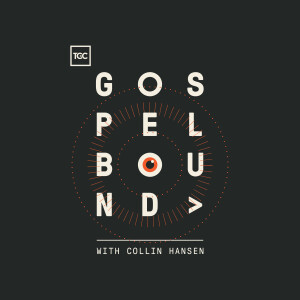
Everyone agrees that we’re drowning under a rising tide of atheism. Right? Actually that’s how author Alec Ryrie describes early 17th century Europe. We’re talking about the century following the Protestant Reformation, a century marked by wars of religion fought between Protestants and Catholics, and civil war in England. It’s the century that gave us these words: “What is the chief end of man? Man's chief end is to glorify God, and to enjoy him forever” from the Westminster Shorter Catechism. What seems to us as an era defined by religion seemed to many at the time to be marked instead by unbelief.
Atheism and religious skepticism has a long history in the West, as Ryrie shows in his new book, Unbelievers: An Emotional History of Doubt, published by Harvard University Press. Ryrie is professor of the history of Christianity at Durham University and president of the Ecclesiastical History Society. He traces doubt from the blasphemous lips of gamblers to the poisonous pen of Nietzsche. He identifies anger and anxiety as the emotional hallmarks of doubt, through a massive transformation effected by World War II until our own day.
Ryrie joins me on Gospelbound to discuss doubt, Reformation-induced incredulity, and how Hitler became the potent moral figure in Western culture and the swastika overtook the cross as packing the biggest emotional punch.
This episode of Gospelbound is brought to you by Southeastern Seminary. In a changing ministry landscape, Southeastern’s four-year master of divinity and master of business administration program was built on a foundation of rigorous theological training and practical vocational training. Learn more at sebts.edu.
More Episodes
 2024-02-20
2024-02-20
 2024-02-13
2024-02-13
 2023-12-19
2023-12-19
 2023-12-12
2023-12-12
 2023-10-03
2023-10-03
 2023-05-25
2023-05-25
 2023-05-09
2023-05-09
Create your
podcast in
minutes
- Full-featured podcast site
- Unlimited storage and bandwidth
- Comprehensive podcast stats
- Distribute to Apple Podcasts, Spotify, and more
- Make money with your podcast
It is Free
- Privacy Policy
- Cookie Policy
- Terms of Use
- Consent Preferences
- Copyright © 2015-2024 Podbean.com





